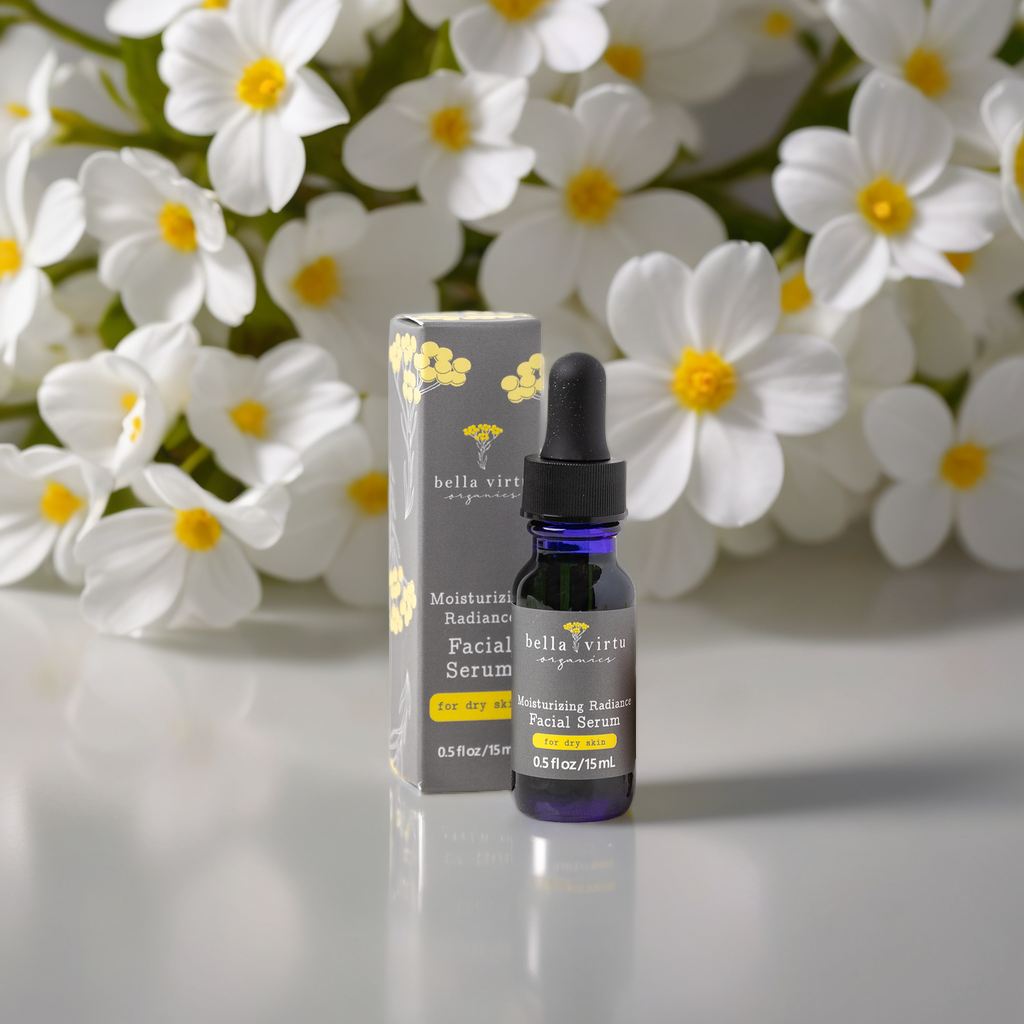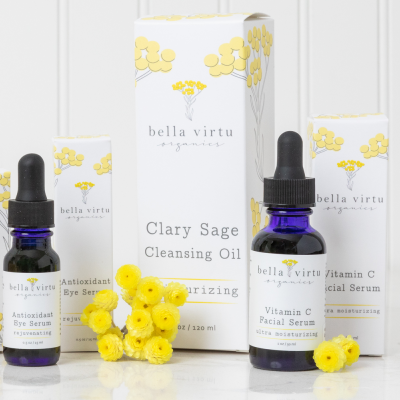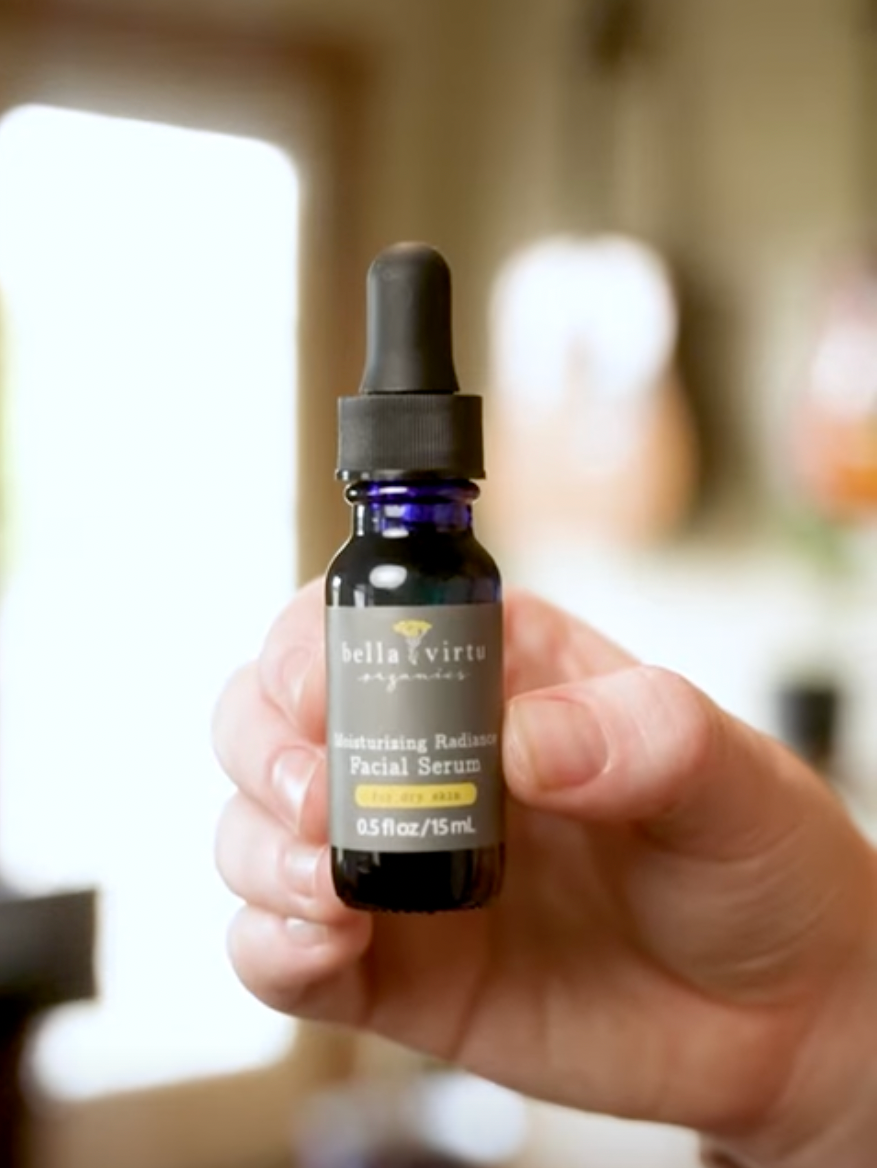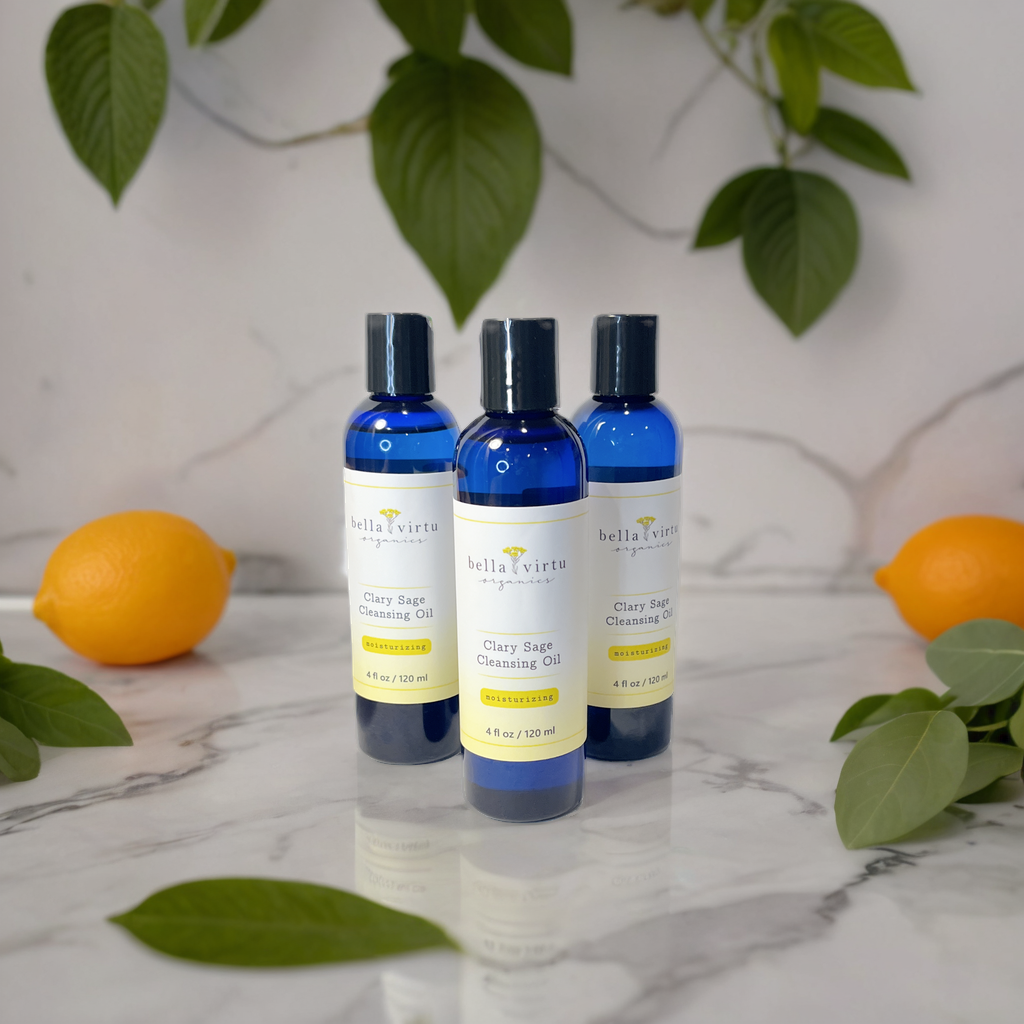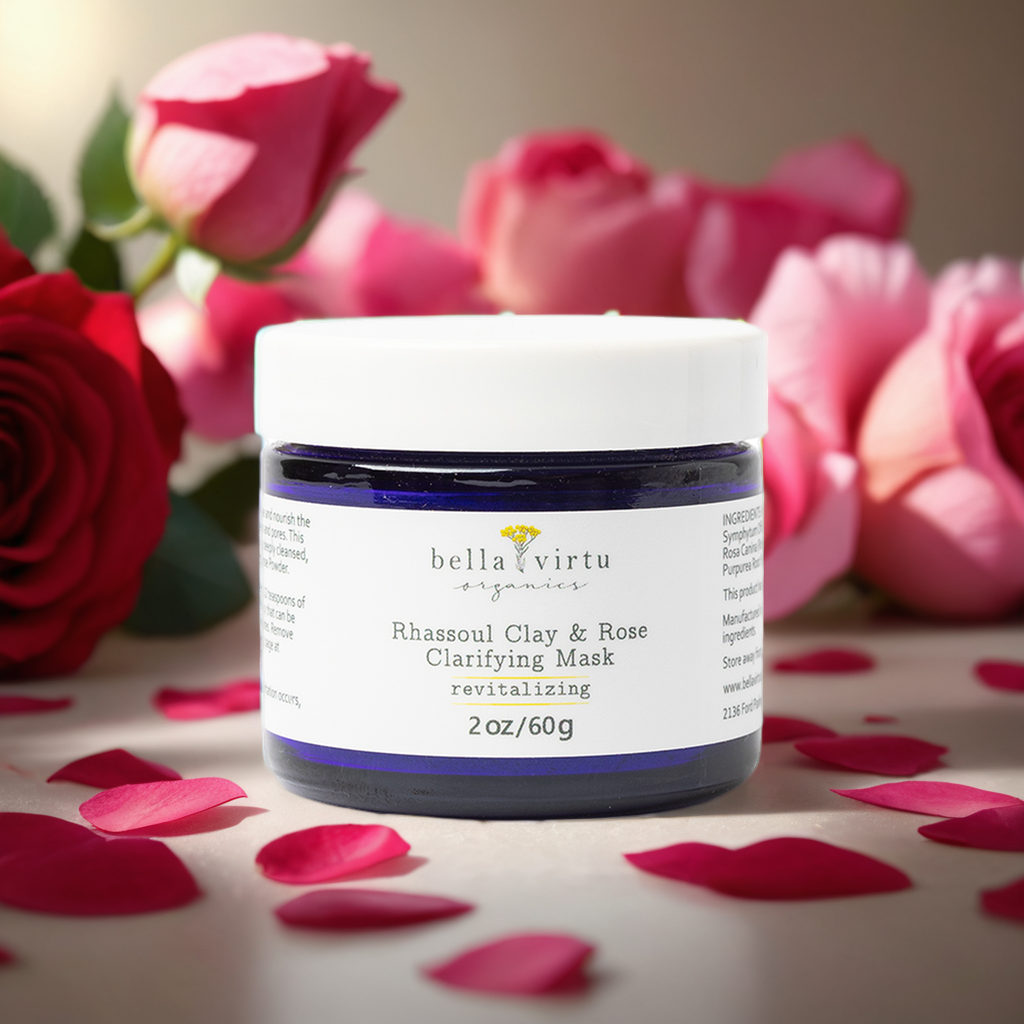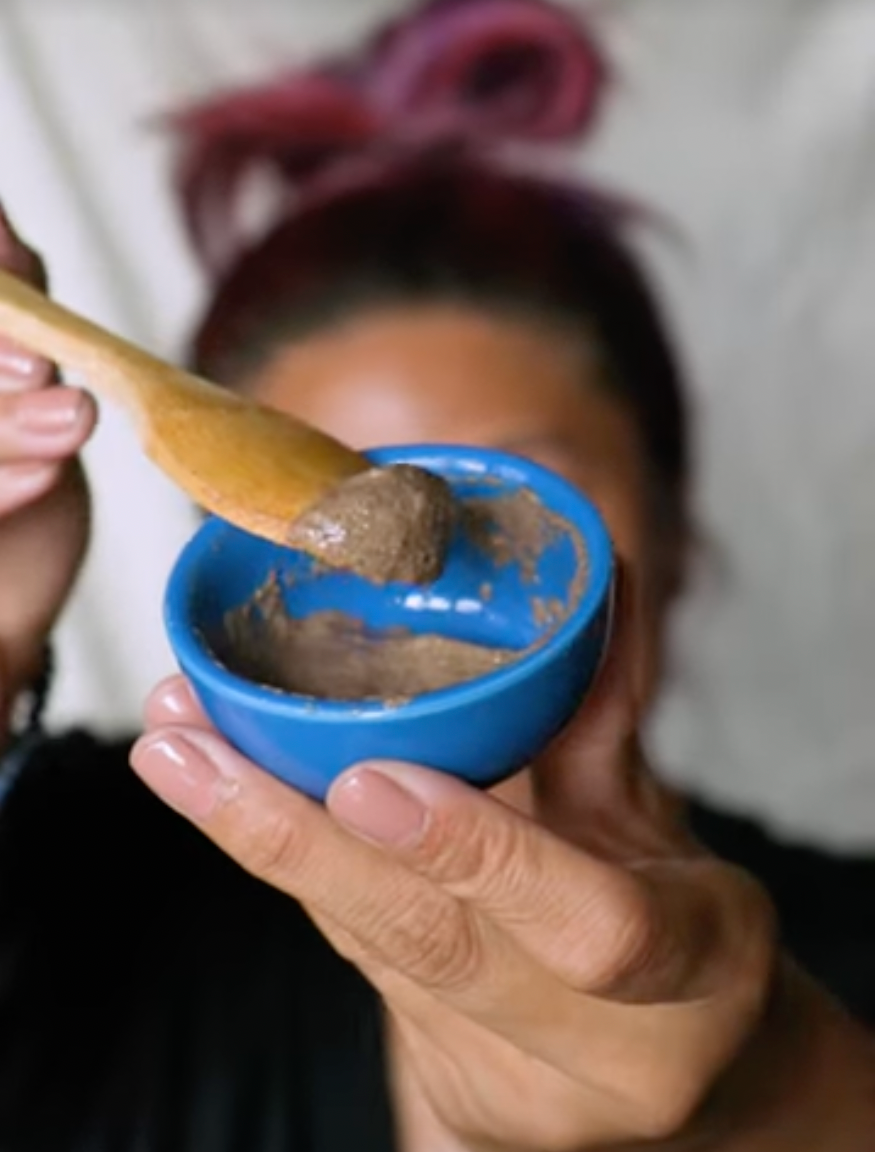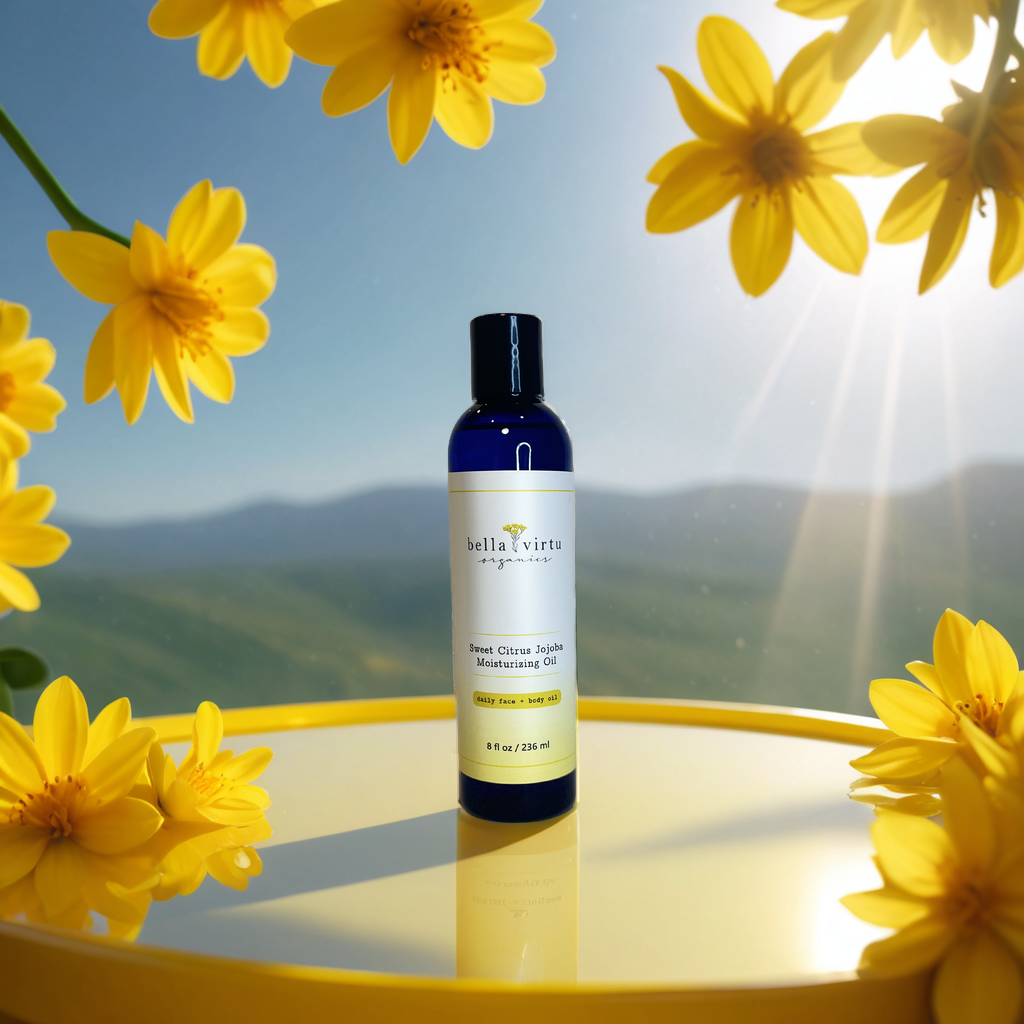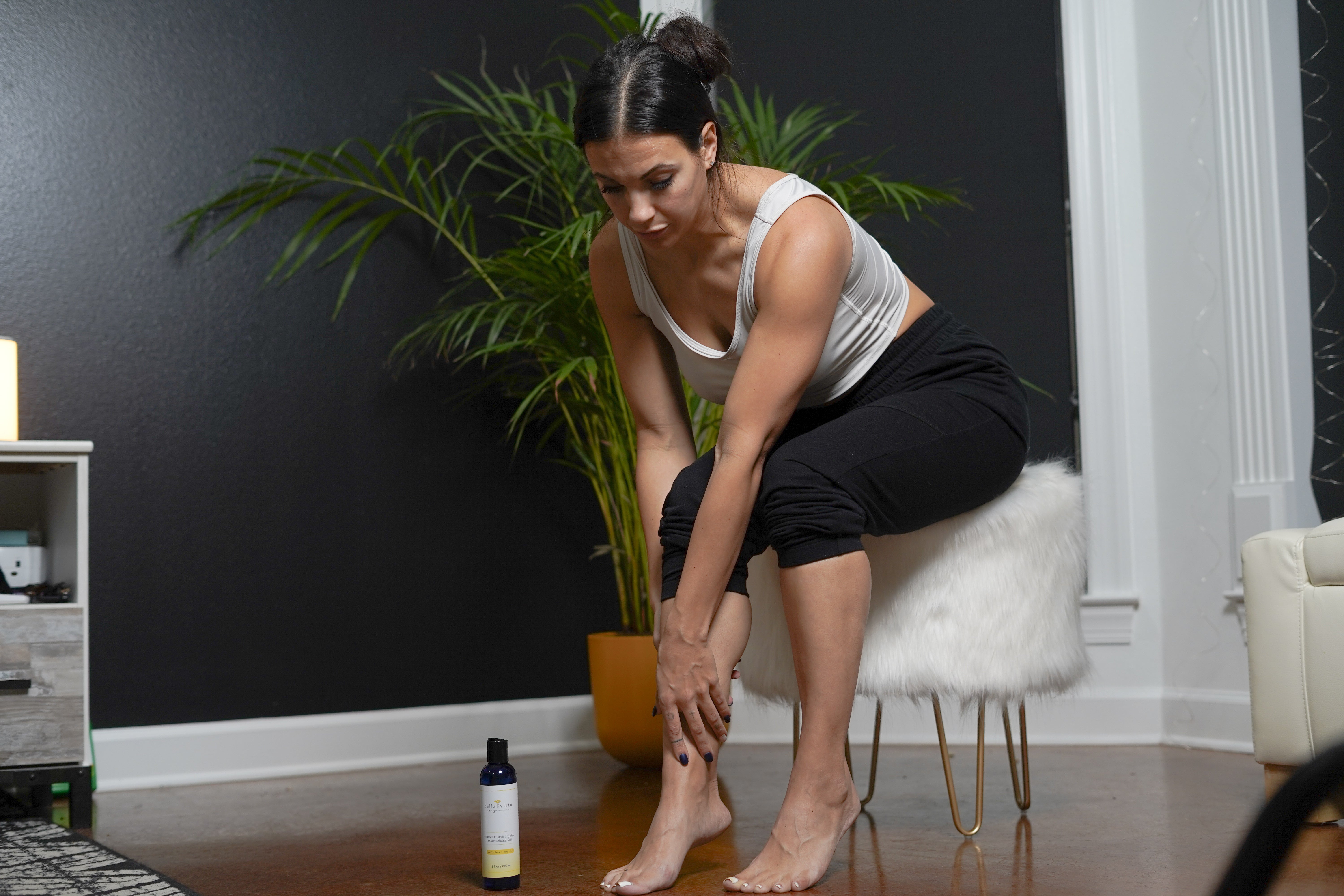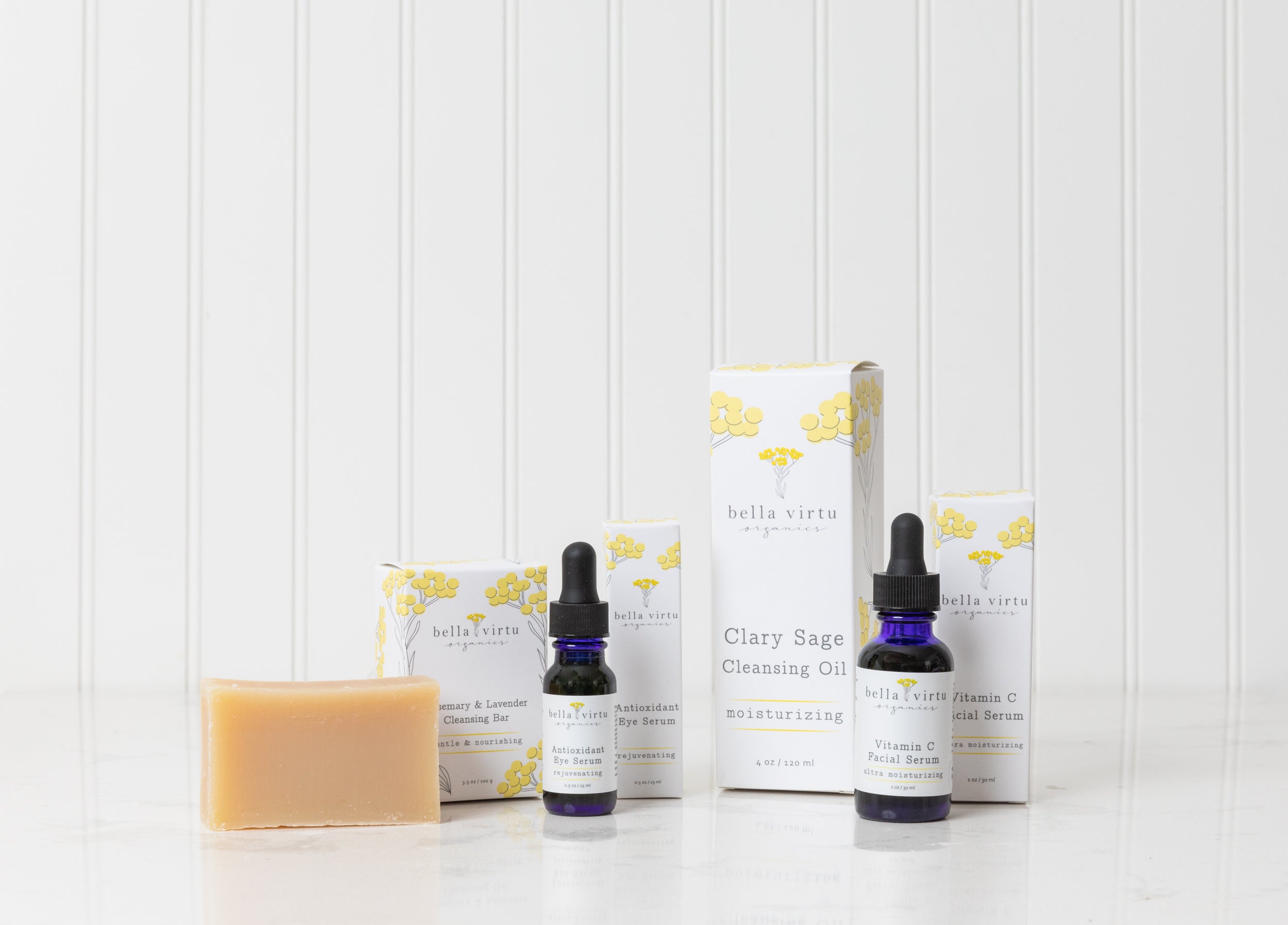As people age, it's important to stay mindful of the changes occurring in their bodies and minds. Middle age, in particular, is an essential time to maintain good health and wellness, but what age is considered middle age? Experts consider middle age to be between 45 and 65 years old, a time when certain physical and mental changes occur, and age-related health risks increase. In this article, we'll explore the definition of middle age, the physical and mental changes that occur during this time, and strategies and tips for maintaining good health and wellness.
What Age is Considered Middle Age?
According to the World Health Organization (WHO), middle age is defined as the period between 45 and 65 years of age. However, this age range can vary depending on factors such as genetics, lifestyle, and geographic location. Despite the variation, it is important to note that middle age is a crucial period for maintaining good health. This stage of life is often referred to as the "midlife" stage, and it is a time when individuals may start to experience age-related changes. While some people may experience these changes earlier or later than others, focusing on maintaining good health during middle age can help to improve overall well-being and increase life expectancy.
The Importance of Maintaining Good Health During Middle Age
During middle age, which is typically considered to be between the ages of 40 to 65 years old, it is important to maintain good health to prevent or manage age-related health conditions. As we age, physical and mental changes can occur rapidly, increasing the risk of chronic diseases such as heart disease, diabetes, and cancer. By focusing on maintaining good health, we can reduce the risk of these chronic diseases, improve overall physical and mental function, enhance quality of life, and increase lifespan.
Adopting healthy habits such as regular exercise, healthy nutrition, and managing stress can have a significant impact on our health and well-being during middle age. It's never too late to start making positive changes to improve our health, and by doing so we can enjoy a better quality of life and a longer lifespan.
Physical Changes During Middle Age and Their Impact on Health and Wellness
As we age, our bodies undergo several physical changes that can impact our health and wellness. One of the most significant changes is hormonal shifts, including menopause in women and a decrease in testosterone in men. These changes can cause fluctuations in energy levels, mood, and sex drive. Metabolism also tends to slow down, making it more challenging to maintain a healthy weight. In addition, changes in bone density and muscle mass can increase the risk of falls and osteoporosis.
It's essential to address these changes with healthy habits that can improve physical health and prevent chronic diseases. Engaging in regular physical activity, particularly strength training, can help maintain muscle mass and bone density. Eating a balanced diet, including calcium and vitamin D-rich foods, can reduce the risk of osteoporosis. Regular check-ups with a physician can help detect any hormonal imbalances or underlying health issues contributing to physical changes and provide timely interventions. By adopting healthy habits, individuals can enjoy high-quality life and increase their life expectancy.
The Role of Nutrition in Maintaining Good Health During Middle Age
Middle age is a critical period for nutrition as the body undergoes significant changes that could impact our overall health and wellbeing. Eating a well-balanced diet that includes a variety of fruits, vegetables, whole grains, lean protein, and low-fat dairy products is essential for middle-aged adults to support their overall health.
Nutrients Essential for Middle-Aged Adults
Calcium and vitamin D are vital nutrients for maintaining bone health and reducing the risk of osteoporosis. As we age, our bones become less dense, making them prone to fractures. Calcium, vitamin D, and other minerals help maintain bone density and strength. Foods rich in calcium include dairy products, leafy greens, and fish. Vitamin D can be obtained from sun exposure and fortified foods like cereals, milk, and orange juice.
Fiber is another essential nutrient that middle-aged adults should consume. It helps promote regular bowel movements, lowers cholesterol levels, and reduces the risk of chronic diseases. Whole grains, fruits, vegetables, and legumes are rich sources of fiber.
Omega-3 fatty acids are healthy fats that are essential for good health. They help reduce inflammation, lower blood pressure, and reduce the risk of heart disease and stroke. Foods rich in omega-3 fatty acids include fatty fish like salmon, mackerel, and sardines, as well as nuts and seeds.
Foods to Limit
Middle-aged adults should limit their intake of processed foods, sugar, and saturated fat. These foods increase the risk of chronic diseases like obesity, type 2 diabetes, and heart disease. Instead, opt for whole foods that are rich in nutrients.
Hydration
Staying hydrated is important for overall health. Drinking plenty of water helps regulate body temperature, lubricate joints, and flush out waste products. Middle-aged adults should aim to drink at least 8-10 cups of water per day.
In conclusion, good nutrition is crucial for maintaining good health during middle age. A balanced diet that includes essential nutrients and limits processed foods, sugar, and saturated fat can reduce the risk of chronic diseases and promote overall health and wellbeing.
Mental Changes during Middle Age: How to Maintain Good Mental Health
Middle age is not only accompanied by physical changes but can also bring about mental changes. Cognitive changes such as memory decline and slower processing speed can occur, while emotional changes like stress and anxiety may arise. Additionally, changes in sleep patterns such as insomnia or difficulty staying asleep may occur.
To maintain good mental health during middle age, it is crucial to prioritize self-care. Engaging in activities that promote relaxation, such as meditation or yoga, can help manage stress and anxiety. Maintaining social connections, whether through friendships or community involvement, can also help combat feelings of loneliness and isolation. A regular sleep routine can help ensure quality sleep, which is crucial for overall mental and physical health.
It is also important to seek professional help when necessary. Talking to a mental health professional can help individuals address mental health concerns and develop effective coping strategies. Overall, prioritizing mental health and self-care can help individuals navigate the mental changes that occur during middle age.
The Benefits of Social Connections for Good Health During Middle Age
Maintaining social connections is an essential aspect of overall health and well-being, and it becomes even more critical during middle age. Social isolation and loneliness can have a negative impact on our physical and mental health, increasing the risk of depression, anxiety, and cognitive decline. Some benefits of maintaining social connections during middle age include:
Providing emotional support and reducing stress
Social connections provide emotional support, which can help lower stress levels. When we are feeling overwhelmed, connecting with others can provide a sense of relief and perspective. Research shows that people with strong social connections are more resilient in the face of stress and adversity.
Encouraging physical activity and healthy behaviors
Social connections can also encourage physical activity and healthy behaviors. When we engage in activities with others, we are more likely to stay active and eat healthy. Social connections can help us stay motivated to maintain healthy habits.
Increasing cognitive stimulation and mental function
Social connections can provide cognitive stimulation and enhance mental function. Engaging in conversations and activities with others can keep our minds active and sharp. Research shows that social interaction can help maintain cognitive function and reduce the risk of cognitive decline.
Enhancing overall quality of life
Maintaining social connections can enhance overall quality of life. Social connections provide a sense of belonging, purpose, and fulfillment. They can help us feel more connected to our community and the world around us.
To maintain social connections during middle age, consider joining a club or organization, volunteering, or engaging in other activities that allow for social interaction. Social media can also be a useful tool for staying connected with friends and family who may not live nearby. By prioritizing social connections, we can improve our overall health and well-being during middle age.
Age-Related Health Risks During Middle Age
As we age, certain health risks become more prevalent during middle age. These conditions include heart disease, diabetes, cancer, and osteoporosis. To prevent these conditions, it's important to be aware of the risk factors and take preventative measures.
Heart Disease
Heart disease is a major risk factor during middle age. Maintaining a healthy weight, eating a heart-healthy diet, and exercising regularly can help prevent heart disease. A heart-healthy diet includes foods low in saturated and trans fats, sodium, and added sugars. Recommended heart-healthy foods include fruits, vegetables, whole grains, lean proteins, and low-fat dairy products.
Diabetes
Diabetes is another health risk during middle age. Maintaining a healthy weight, eating a balanced diet low in sugar and simple carbohydrates, and getting regular exercise can help prevent the development of type 2 diabetes. A balanced diet includes foods rich in fiber, vitamins, and minerals. Recommended foods include whole grains, fruits, vegetables, lean proteins, and low-fat dairy products.
Cancer
Regular screenings and check-ups with a physician can help detect any early warning signs of cancer. Some cancers, such as breast, colon, and prostate cancer, can be detected early through regular screenings. In addition, a healthy lifestyle that includes a balanced diet, regular exercise, and avoiding smoking and excessive alcohol consumption can help reduce the risk of developing cancer.
Osteoporosis
Osteoporosis is a condition where bones become weak and brittle. Eating a diet rich in calcium and vitamin D, getting regular exercise, and avoiding smoking and excessive alcohol consumption can help prevent the condition. Recommended calcium-rich foods include dairy products, leafy green vegetables, and fortified cereals. Vitamin D can be obtained through sunlight, supplements, and certain foods like fatty fish and egg yolks.
By taking preventative measures for these age-related health risks, we can maintain good health and wellness during middle age.
Tips for Maintaining Good Health During Middle Age
Maintaining good health during middle age is essential to increase life expectancy. Here are some tips to consider:
Exercise and Physical Activity
Regular exercise is necessary to maintain physical and mental health during middle age. Aim for at least 30 minutes of moderate-intensity exercise, such as brisk walking or cycling, most days of the week. Strength training exercises, such as weightlifting or resistance band exercises, can also help maintain muscle mass and bone density. Exercise can also help prevent and manage chronic diseases such as heart disease and diabetes.
Nutrition and Diet
Eating a balanced diet is essential for maintaining good health during middle age. Focus on eating a variety of fruits, vegetables, whole grains, lean protein, and low-fat dairy products. Avoid processed foods and foods high in sugar and saturated fat. It's also important to stay hydrated by drinking plenty of water. Proper nutrition can also help reduce the risk of chronic diseases.
Mental Health and Wellness
Prioritizing mental health is crucial during middle age. Engage in activities that promote relaxation and stress relief, such as meditation or yoga. Maintain social connections through friendships or community involvement. Seek help if experiencing symptoms of depression or anxiety. Mental health is just as important as physical health, and it is essential to achieving overall wellness.
Sleep
Getting enough quality sleep is crucial for overall health and wellness during middle age. Establish a regular sleep routine, avoid caffeine and alcohol before bedtime, and create a sleep-conducive environment by keeping the bedroom cool, quiet, and dark. Lack of sufficient sleep can lead to reduced cognitive function, depression, and increased risk of chronic diseases.
Insider Tips: How to Make Healthy Habits Stick During Middle Age
Adopting healthy habits can be challenging, especially during middle age. Here are some insider tips to make healthy habits stick:
-
Start small: Instead of trying to make drastic changes all at once, start with small, achievable goals. This can help build momentum and increase confidence over time.
-
Find a support system: Surround yourself with people who support your goals and can provide encouragement and accountability.
-
Make it enjoyable: Find healthy activities that you enjoy, such as dancing, hiking, or swimming. This can help make healthy habits feel less like a chore and more like a fun activity.
-
Be patient: Remember that change takes time, and setbacks are a normal part of the process. Be patient with yourself and celebrate small wins along the way.
By following these insider tips, you can increase your chances of success and make healthy habits a permanent part of your life.
Conclusion
In conclusion, middle age is a critical period for prioritizing health and wellness. By staying active, middle-aged adults can keep themselves fit and healthy, while also reducing the risk of developing various health conditions. A balanced diet that includes fruits, vegetables, whole grains, lean proteins, and healthy fats can also help promote healthy aging and reduce the risk of chronic diseases such as heart disease and diabetes. Prioritizing mental health and wellness is also crucial for middle-aged adults, and engaging in activities such as meditation and mindfulness can help reduce stress and anxiety. Getting enough quality sleep is also essential to maintain good health during middle age, as is building and maintaining social connections. Finally, staying up-to-date on medical check-ups and screenings can help detect and prevent health issues before they become more serious. By adopting healthy habits during middle age, we can promote healthy aging and enjoy good health in our later years. Don't wait until it's too late - start adopting healthy habits today!
